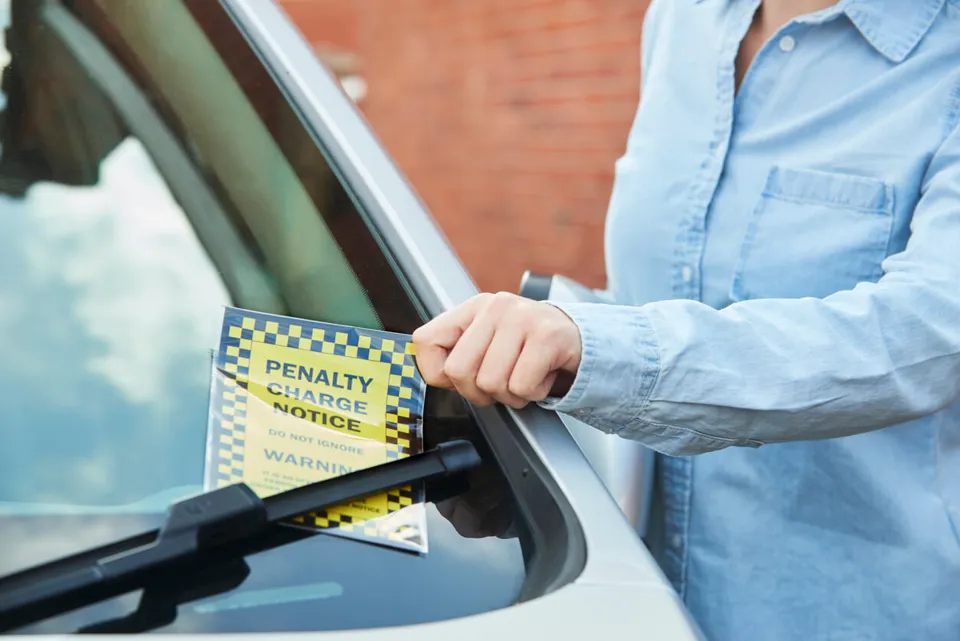Company car and van drivers racked up more than £8m in motoring fines last year, a 15 per cent increase from the previous year, according to the annual Company Driver Fines and Penalties survey from Lex Autolease.
The data, compiled from Lex Autolease’s fleet of 275,000 vehicles, shows that despite this rise in fines, the total number of offences committed has only increased incrementally by 2.7 per cent to 124,430 offences in the last year.
The increase in the value of fines reflects the spike in bus lane infringements and congestion charge penalties, which typically incur higher fines. The number of company drivers caught using bus lanes rose from 11,732 in 2012 to 14,698 last year, a leap of more than 25 per cent.
This statistic raises further questions about whether poor driving standards or greater scrutiny from local authorities is to blame for the growing number of motorists caught using bus lanes.
Guy Mason, head of fleet operations said: “The rise in the number of company drivers caught in a bus lane could suggest that many are using them as a shortcut to complete their journeys as quickly as possible. If this is the case then businesses need to discourage drivers from behaving in an irresponsible fashion.”
“However, many company drivers believe they have been penalised unfairly due to inadequate or misleading signage and increased surveillance by local authorities capturing those that briefly strayed into a bus lane. These factors, rather than a disregard for the rules, may explain the 25 per cent spike in bus lane infringements last year.
Despite the increase in fines and driving infringements, general traffic related offences such as entering a box junction or stopping in a red route, fell by 17 per cent, from 20,582 in 2012 to 17,080 in 2013.
The figures also revealed that endorsable offences such as speeding, dangerous driving and driving whilst on a mobile phone, which are typically more serious offences and carry penalty points, increased by two per cent to 34,495 fines in 2013 from 33,930 in 2012.
Mason added: “Fleet managers have placed a great emphasis upon health and safety and driver training in recent years. Therefore the modest rise in the number of endorsable offences during 2013 suggests their efforts are beginning to have an impact.”
The study also showed that a large number of company drivers were caught out by Transport for London’s decision to reduce its Congestion Charge exemption threshold to vehicles emitting less than 75g/km. The change resulted in a 21 per cent increase in the number of drivers penalised for non-payment of the charge compared to the previous year, from 9,150 fines in 2012 to 11,102 fines in 2013.
Mason concluded: “Businesses need to continue their efforts to communicate to their employees the various driving rule changes and the financial impact that this can have on driving a company car. The overall increase in fines and penalties will hit companies hard at a time when businesses are aiming to build on growth prospects.”
















Andy Titterton - 25/02/2014 11:13
This headline is surely incorrect! It assumes that fines are paid by companies, when surely the bulk of these fines will be picked up by the drivers concerned. There is no way that fines would be paid by my company for offences carried out by company car drivers. Companies paying fines picked up by irresponsible drivers need their profit and loss sheets examining...!